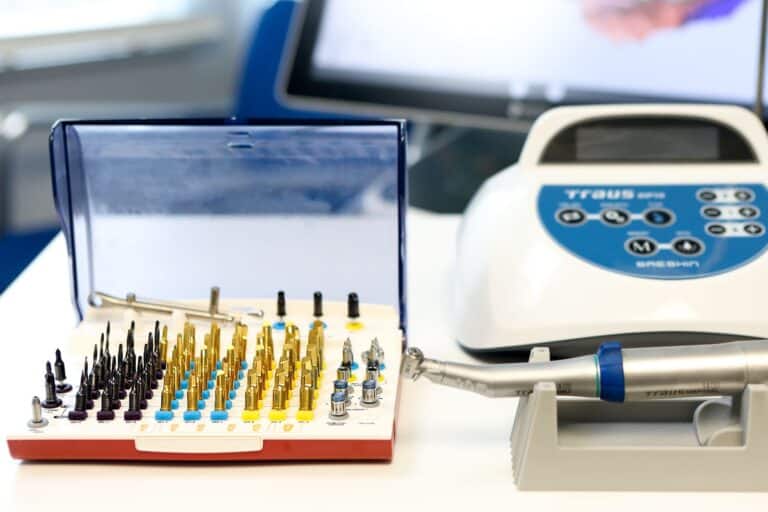Dental implants have versatile applications, serving as a long-lasting and durable solution to replace missing teeth or provide stability for dentures. With their ability to integrate seamlessly into the jawbone, dental implants offer a natural-looking and functional restoration option.
Whether you’re dealing with a single missing tooth or multiple missing teeth, dental implants provide a reliable and permanent solution that can greatly enhance your quality of life. Contact our Washington, PA office today to learn more!

Your Smile Is Back & Better Than Ever
Dental implants offer a cost-effective and highly efficient solution for individuals experiencing tooth loss caused by trauma or decay. Dental implants are anchored in the jaw bone, which makes them a more secure and convenient solution for countless patients.
Elizabeth L. Wakim, DDS offers compassionate, expert dental care, and she will guide you through every step of the dental implant process.
Common Questions
Dental implants are versatile dental devices that serve multiple functions, making them a popular choice for restorative dentistry. They are designed to replace missing teeth by providing a secure anchor for dentures or as an artificial root for individual tooth replacement.
Implants consist of a titanium post surgically implanted into the jawbone, mimicking the function of a natural tooth root. This integration with the jawbone provides stability and strength, allowing for long-term durability and improved oral function.
Once the implant is securely placed, an abutment and crown can be attached to the artificial root. This combination creates a natural-looking and functional replacement tooth that blends with the surrounding teeth. Alternatively, the implanted root can also be used to secure other dental prosthetics, such as bridges or implant-supported dentures.
With their ability to restore both aesthetics and functionality, dental implants offer a reliable solution for individuals seeking to improve their oral health and regain their confidence in their smile.
The dental implant procedure involves two steps: surgery and restoration.
During the surgical portion of the procedure, the dentist inserts the titanium rod or rods into the jaw bone. Through osseointegration, the implant fuses with the bone and becomes an extremely secure base for crowns, bridges, or dentures. Some patients may require a bone graft to ensure that there is enough support for the implant. This can be addressed during implant placement, eliminating the need for multiple surgical procedures.
The restoration portion of the procedure takes place a few weeks or months after the initial surgery. In the interim, missing teeth can be replaced with a removable flipper or temporary dentures. After the patient has healed from surgery and the implant has had the opportunity to fuse with the jaw bone sufficiently, the patient is fitted for a custom crown, bridge, or denture.
In terms of dental prosthetics, dental implants are as close as you can get to your own teeth. They should be cared for by using standard dental hygiene practices and continuing to visit your dentist for regular check-ups and teeth cleaning. For patients with dental implants, failure to maintain proper oral hygiene can result in bacteria that cause swelling, jaw bone recession, and other problems.
Join The Family
We’d love to have you come in and be a part of our family. We’ll ensure that our compassion and sophistication in dental innovation leave you coming back for more.
